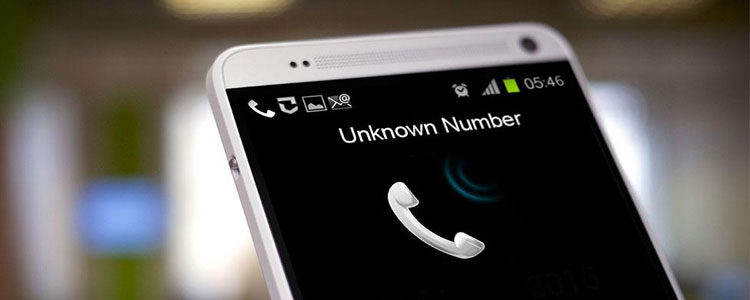The Nigerian Communication Commission (NCC) will suspend the operational licences of 6 telecommunication companies for allegedly allowing people send messages and make calls anonymously. In industry parlance, this is called call masking and refilling.
These companies include: Interconnect Clearing House Nigeria Ltd, Medallion Communications Ltd, Niconnx Communications Ltd, Breeze Micro Ltd, Solid Interconnectivity and Exchange Telecommunications Ltd.
The NCC issued queries and desist orders to these companies on January 12, Daily Trust reports. But yesterday, the commission moved to withdraw the licences of these companies.
A notice of suspension of licence letter was jointly signed by NCC’s Head of Legal and Regulatory Service and Head of Compliance Monitoring and Enforcement, Yetunde Akinloye and Efosa Idehen, respectively.
In the letter the NCC disclosed that it had conducted an investigation on the matter, and had found evidences against the six companies “in the illegal and unwholesome activity of call masking and refilling.”
Call Masking and Refilling
In simpler terms, call masking and refilling are techniques used to allow SMS to be sent or calls to be made to people without revealing the identity of the sender or caller.
Technically, however, both terms are very different.


Call masking occurs when an international calling number is cloaked as a local number. This practice helps to hide user identity and location. But the practice can also be used to extremely reduce call cost. The practice is used by fraudsters to avoid paying the true cost for international calls.
For example, the industry standard price for local calls is N3.90, and is N24.40 for international calls. But if an international call is masked, the operator pays N3.90, instead of N24.40.
Call refilling, on the other hand, is a technique operators use to falsify the caller-ID data of a number. The data is falsified before passing the call onto a competitor.
Call masking is used for advertising by some outlets. But it can also be used by fraudsters, kidnappers and other persons to commit crime. The technique could also be used to cheat telecom operators from their fair price.
Affected companies decry foul play by NCC
The affected companies have expressed their surprise at the action of the NCC. They claimed that the withdrawal of their licences is unfair.
The companies decry the lack of fair hearing and claim that they did not have the chance to discuss the issue with the commission.


Being just clearinghouses, the companies say they do not initiate calls, and thus cannot mask calls. “We do not have subscribers, neither do we originate calls. All calls terminated via our platform originated from a network”, the companies said in a joint statement.
They are calling the issue a case of big players eating up the smaller ones. They claim that “smaller operators have been systematically wiped out by big players”, and they are next in line.






